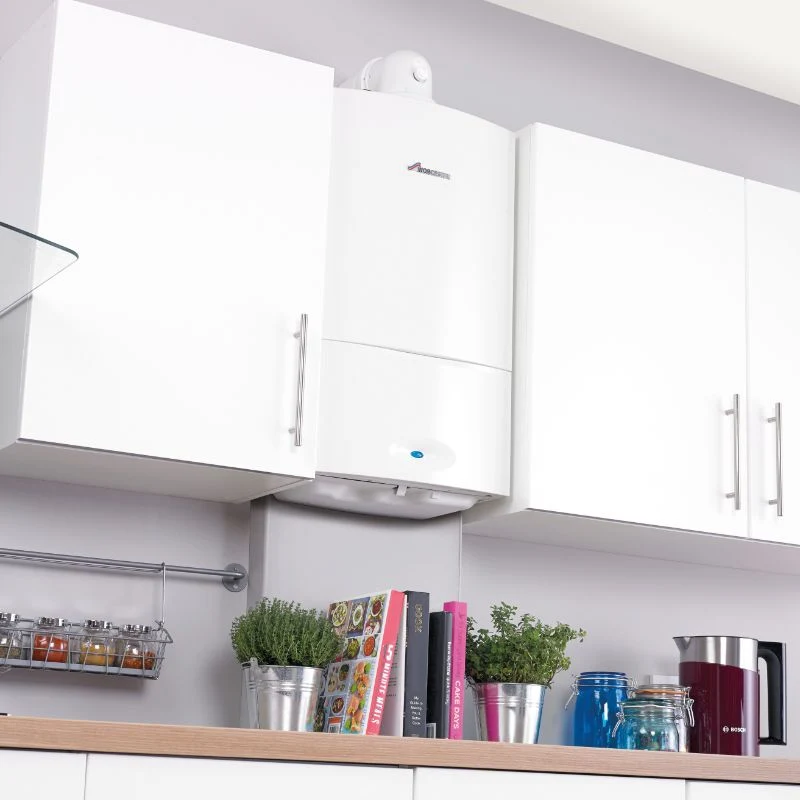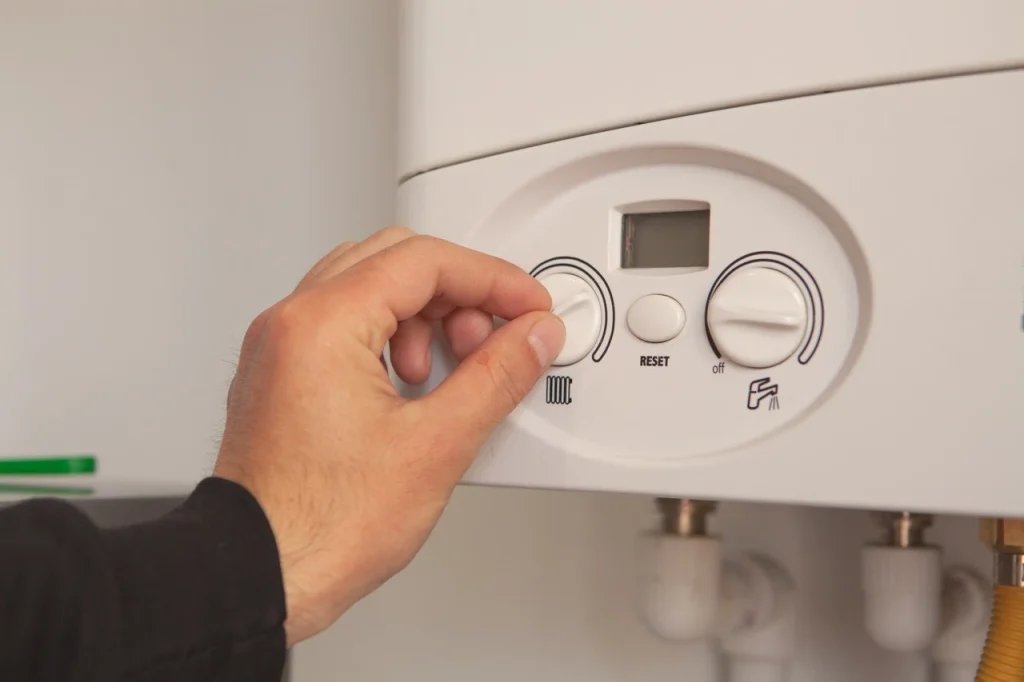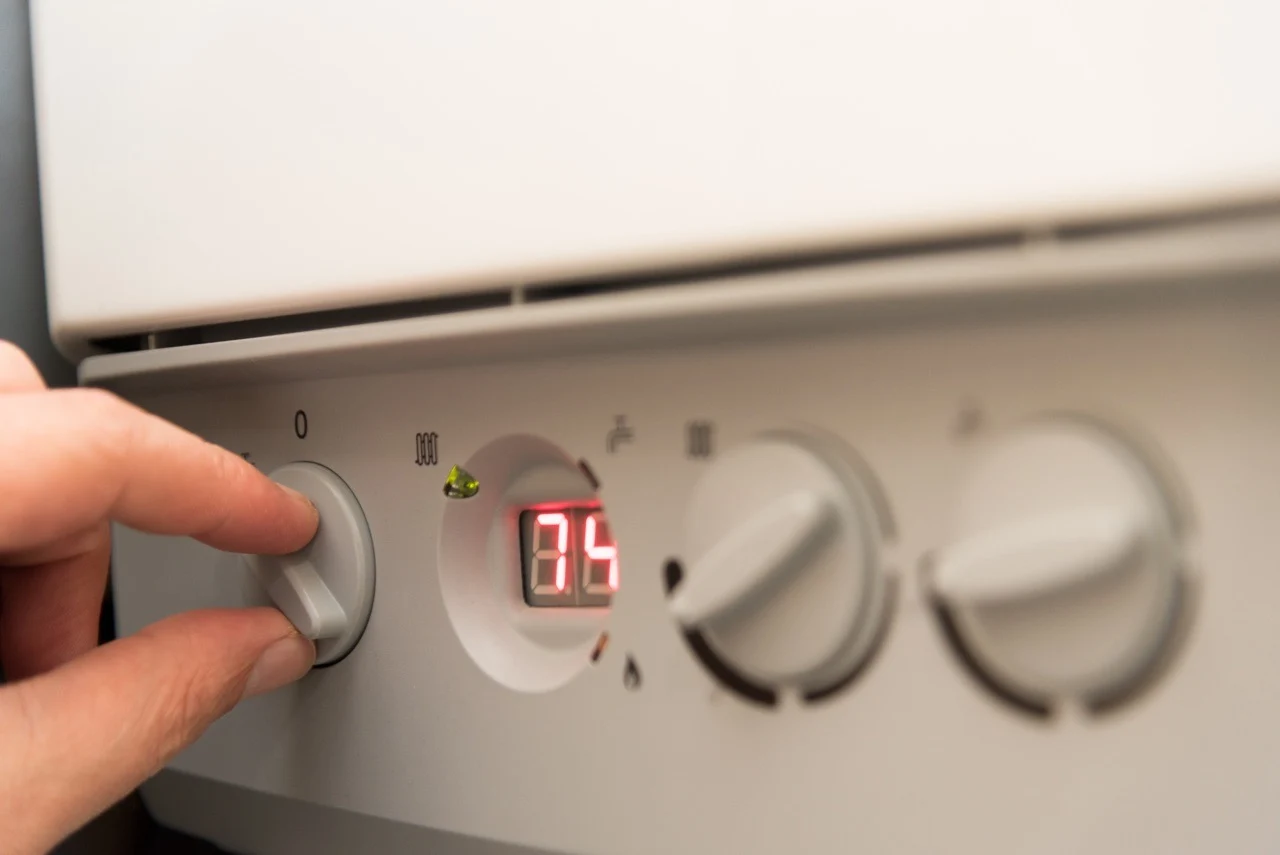If your boiler is making a noise, it’s important to figure out why. Often, the reason is benign and easy to fix. However, it may sometimes indicate a more serious issue. In this Article post, we’ll go over eight reasons why your boiler might be making a noise and what you can do about it.
1. The water level in the boiler is too low.
If the water level in your boiler is too low, it can cause the boiler to make a noise. This is because when the water level gets too low, the boiler’s pump will start to work harder to try to circulate the water. This can cause a knocking or banging noise.
To fix this, you’ll need to add water to the boiler. Be sure to check the manufacturer’s instructions to see how much water your boiler should have.
2. The boiler’s pressure relief valve is opening and closing.
The pressure relief valve is a safety feature on your boiler that opens to release pressure if the boiler gets too hot. If the valve is opening and closing frequently, it can cause a banging noise.
If this is happening, it’s usually because the boiler’s pressure is too high. To fix it, you’ll need to adjust the pressure on your boiler. Again, consult your boiler’s manufacturer for specific instructions.
Read more: Replacing a regular boiler with a combi boiler

3. There’s something caught in the boiler’s circulating pump.
If there’s something caught in the boiler’s circulating pump, it can cause a humming noise. This is because the pump is having to work harder to circulate the water.
To fix this, you’ll need to remove whatever is blocking the pump. Consult your boiler’s manufacturer for specific instructions on how to do this.
Read about: Boiler Finance: Affordable Options for Your Home
4. The boiler’s fan is defective.
If the boiler’s fan is defective, it can cause a humming noise. This is because the fan is not able to circulate the air properly.
To fix this, you’ll need to replace the fan. Consult your boiler’s manufacturer for specific instructions on how to do this.
5. The boiler’s igniter is defective.
If the boiler’s igniter is defective, it can cause a clicking noise. This is because the igniter is trying to ignite the gas but isn’t able to.
To fix this, you’ll need to replace the igniter. Consult your boiler’s manufacturer for specific instructions on how to do this.
6. The boiler’s pilot light is out.
If the boiler’s pilot light is out, it can cause a clicking noise. This is because the igniter is trying to ignite the gas but there’s no pilot light to help it.
To fix this, you’ll need to relight the pilot light and you can consult your boiler’s manufacturer for specific instructions on how to do this.
Read about: Professional & Reliable Boiler Repair Services
7. The boiler’s burner is dirty.
If the boiler’s burner is dirty, it can cause a hissing noise. This is because the burner is not able to mix the gas and air properly, which causes the hissing sound.
To fix this, you’ll need to clean the burner. Consult your boiler’s manufacturer for specific instructions on how to do this.
Read more: best boilers in uk
8. There’s a gas leak.
If there’s a gas leak, it can cause a hissing noise. This is because the gas is escaping from the boiler.
To fix this, you’ll need to repair the gas leak. Consult your boiler’s manufacturer for specific instructions on how to do this.
If your boiler is making a noise, it’s important to figure out why so you can fix the problem. Often, the reason is benign and easy to fix. However, it might sometimes indicate an underlying problem. In this Article post, we’ve gone over eight reasons why your boiler might be making a noise and what you can do about it.
Conclusion:
Your boiler can make all sorts of strange noises, depending on the problem. If your boiler is making a noise, it’s important to figure out why so you can fix the problem. Often, the reason is benign and easy to fix.
However, it may occasionally signal the presence of a more serious issue. In this Article post, we’ve gone over eight reasons why your boiler might be making a noise and what you can do about it.
If you have any further questions or concerns, be sure to consult your boiler’s manufacturer. And, as always, if you think there’s a gas leak or any other emergency, be sure to evacuate the area and call the Gas Emergency
Read more about:

























